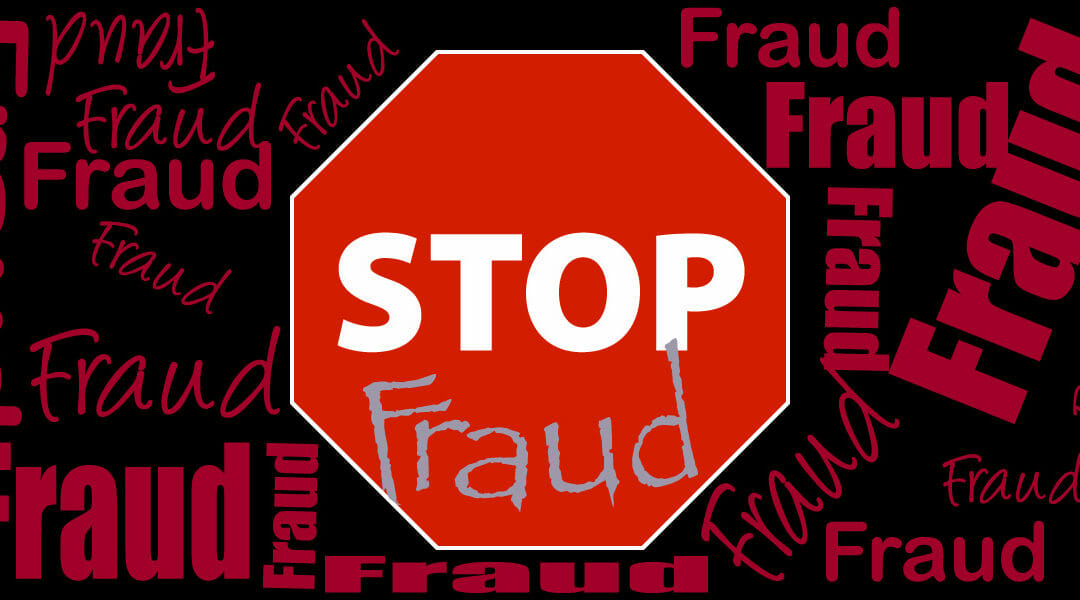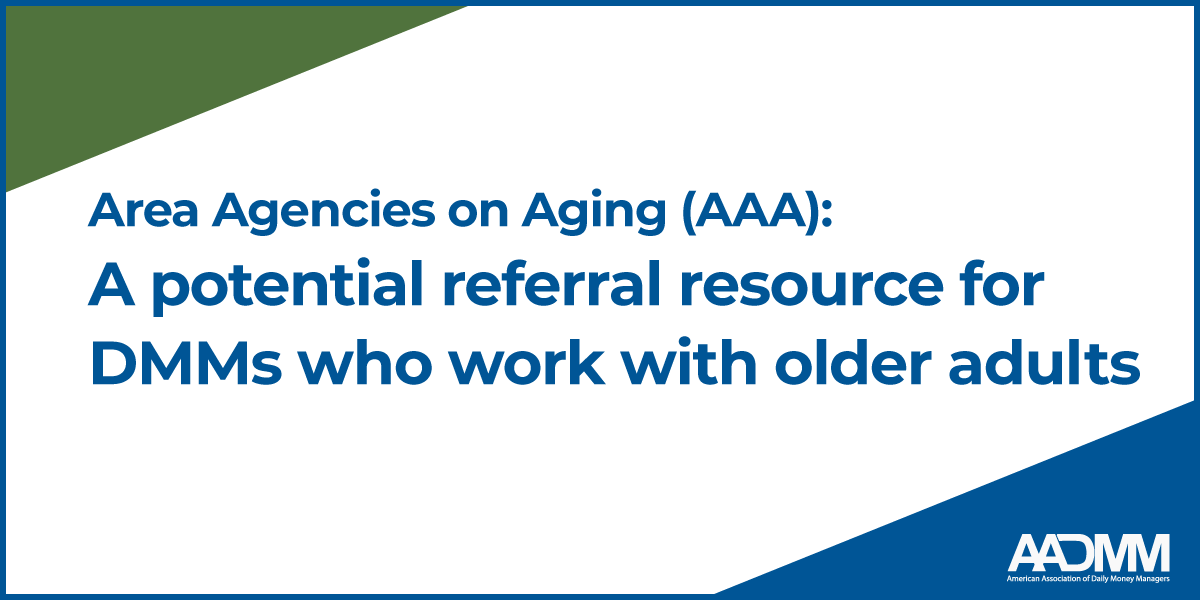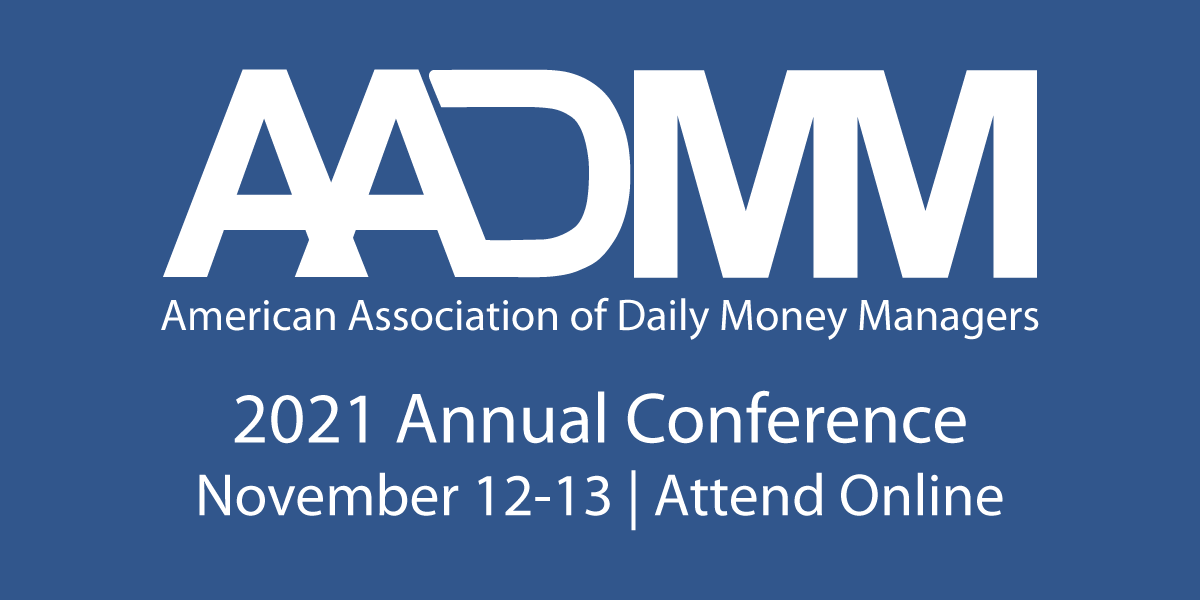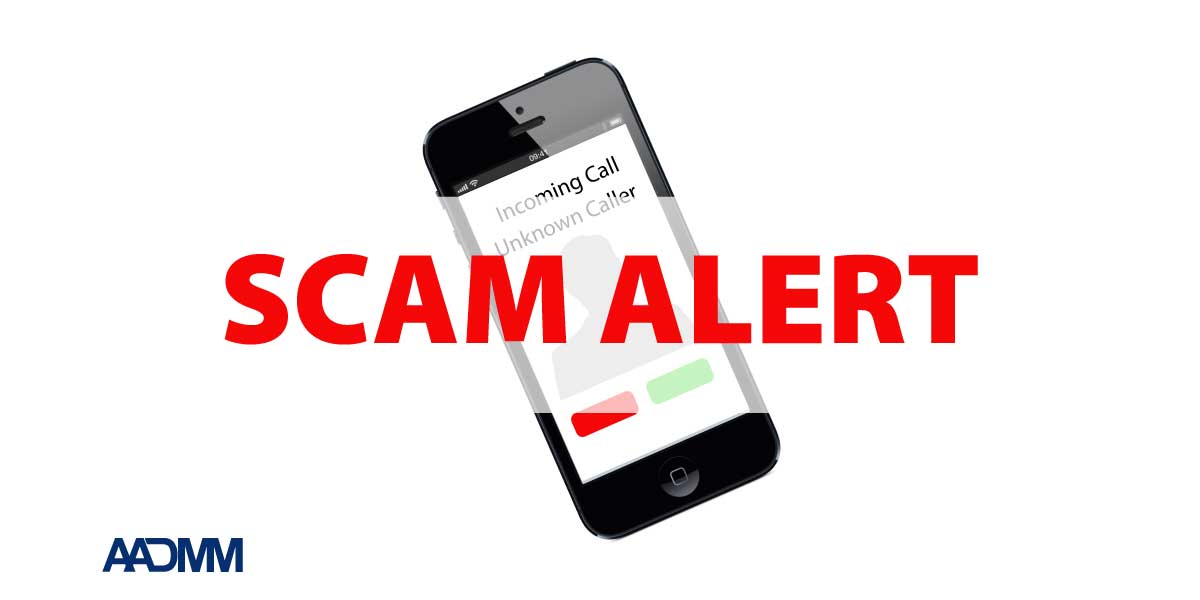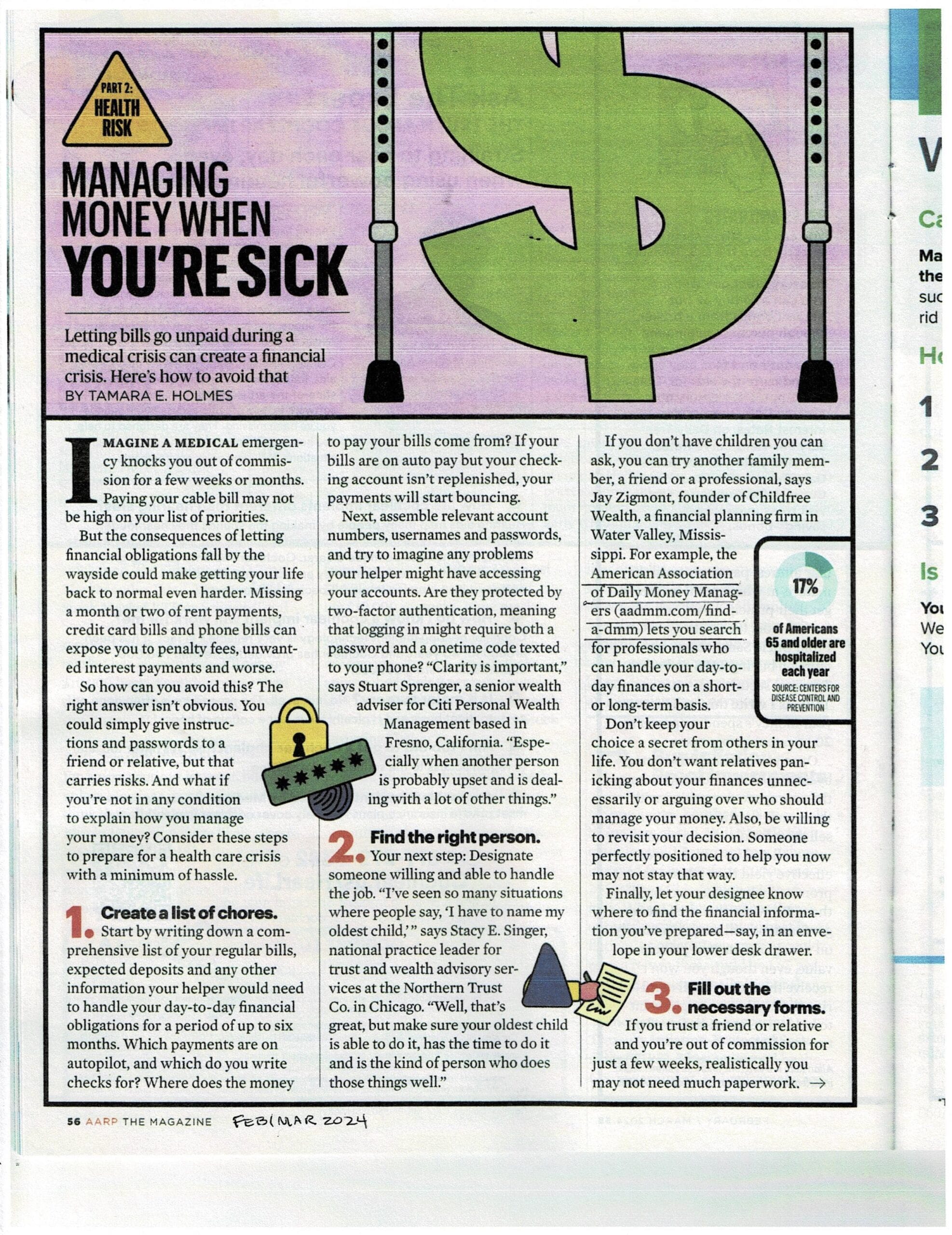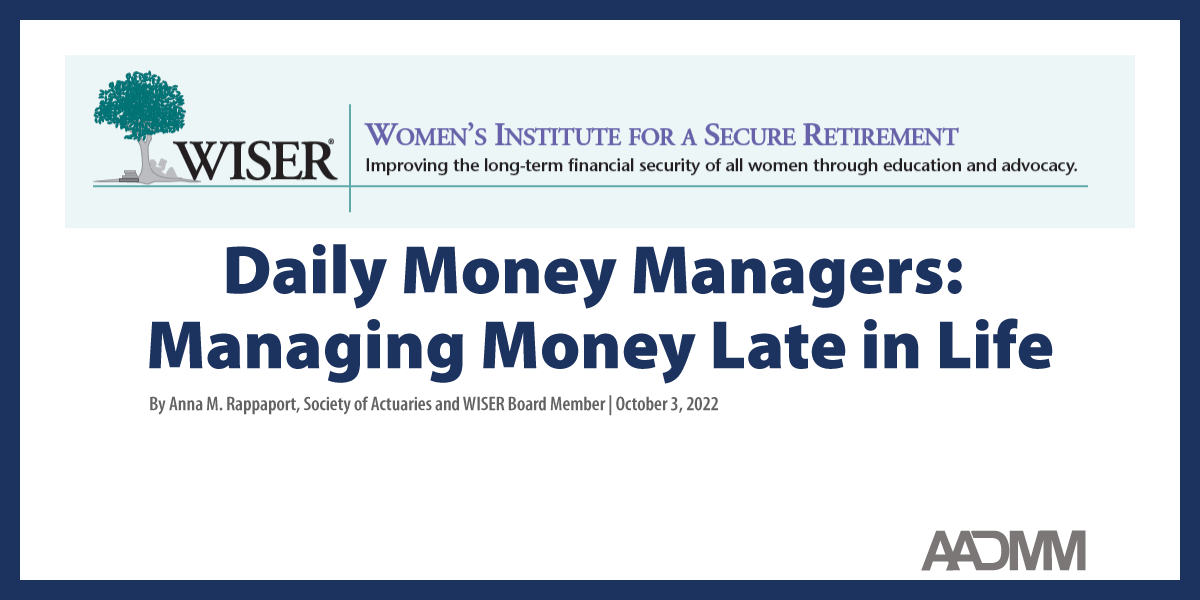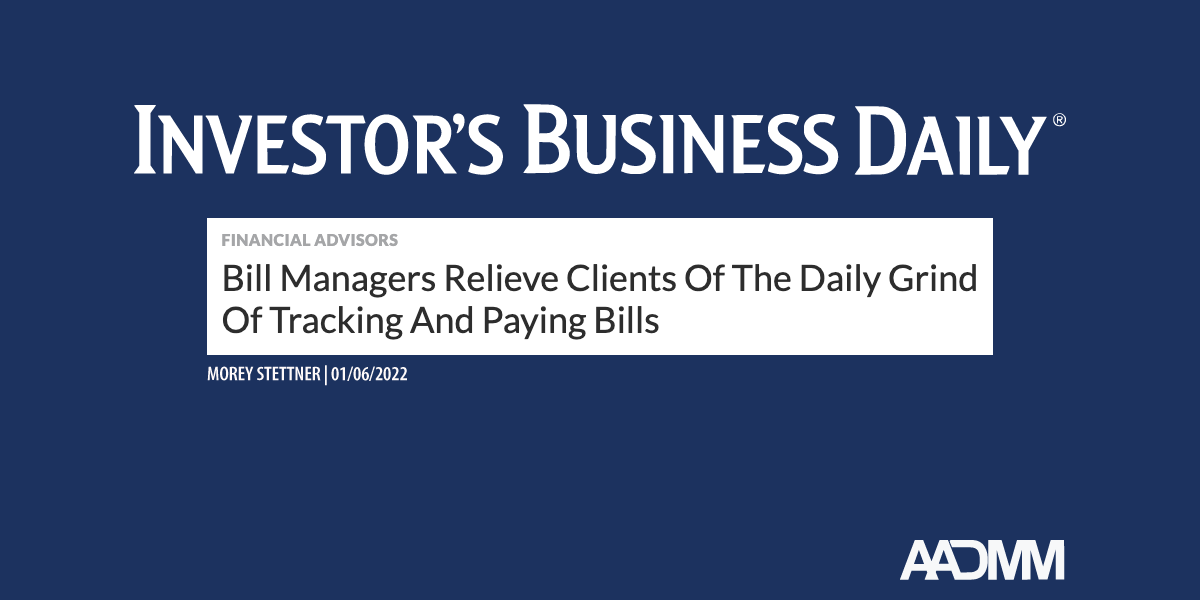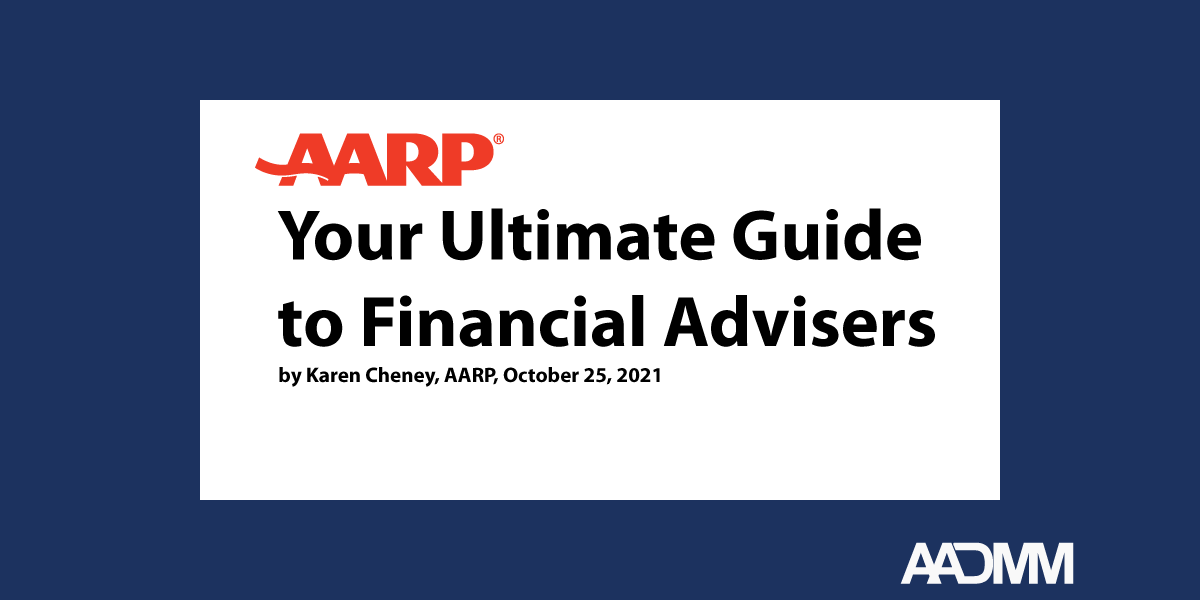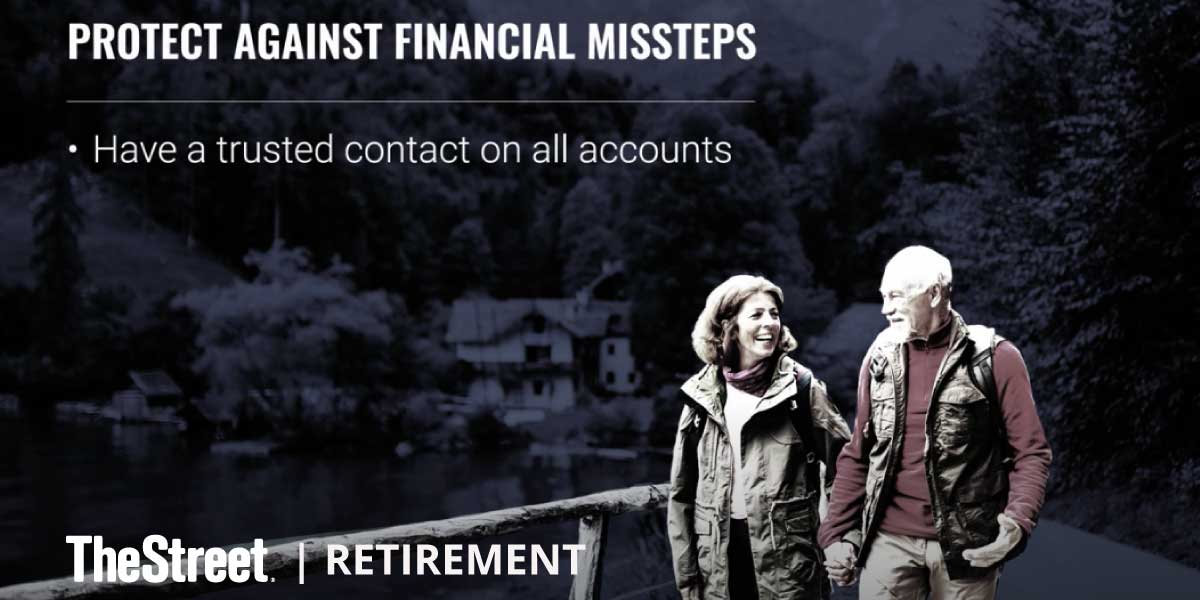
With the novel coronavirus spreading rapidly across our country, most of us are thinking about how to protect ourselves and our loved ones. Add to this the misinformation readily available on the internet and in social media, and we have a ripe opportunity for scammers.
Scammers never stop. They can take any situation and devise ways to trick people out of their money and steal their identities.
We have enough to think about without worrying about scams. It is important, however, to be aware of what criminals are doing so you can be prepared to spot scams and know how to respond.
Current Scams
Here are some current scams identified by the Federal Trade Commission (FTC) and the Federal Deposit Insurance Corporation (FDIC), which include:
- Using illegal robocalls and online offers to sell products claiming to test, treat and vaccinate against novel coronavirus, also known as COVID-19. The Food and Drug Administration (FDA) says there are no at-home tests for the coronavirus, there are no FDA-approved vaccines to prevent COVID-19, and there are no FDA-approved drugs to treat it.
- Contacting people about claiming a check from the government. Last week Congress and the Trump administration passed a massive economic stimulus bill which will send funds to many Americans. Government workers will not call asking for personal information to issue checks. The government will not require you to pay money upfront to get these funds. The money will come from the IRS either by direct deposit or a check in the mail. For information on the coronavirus-related stimulus checks, follow the updates as the IRS posts them at irs.gov/coronavirus.
- Sending fake emails, texts, and phishing, trying to get your personal information to steal your identity, money or both. Don’t trust emails that look like they are from the Center for Disease Control, World Health Organization, and other legitimate organizations.
- Creating fake charities. When a crisis occurs, thieves quickly create charity names and websites similar to those of legitimate organizations, tricking donors into thinking they are giving to a real charity.
- Claiming to be from the FDIC or a bank and giving people false information about the security of their bank deposits or their ability to access cash. Scammers are contacting consumers via emails, phone calls, letters, text messages, faxes, and social media.
What can you do to protect yourself?
Fact check information, especially anything that seems too good to be true and any information coming from social media. Even well-meaning people can spread inaccurate information. You can fact check information by looking at the websites of these reliable organizations:
- World Health Organization (WHO)
- Center for Disease Control and Prevention (CDC)
- usa.gov/coronavirus This website has links to numerous agencies addressing a wide variety of issues resulting from the novel coronavirus pandemic including personal safety, housing, banks, cybersecurity, and many more.
Stop and think about any offer or claim for information. What is the source? How likely is it to be true? For email, what is the sender’s address? Do you recognize it? Does it look legitimate?
Hang up on robocalls. Pressing any numbers to be taken of the call list only confirms your phone number is active and will result in more robocalls.
Don’t click on links or buttons in emails and texts coming to you from unknown sources even if they look legitimate. You could download a computer virus or malware. If a message purports to have important information, skip the link and go directly to the organization’s website.
Don’t give out any personal information over the phone or internet unless you initiate the contact.
Know that:
- Government agencies and reputable companies will never ask for payment with gift cards. (Gift cards = scam.)
- You won’t be arrested if you don’t send money “right away.”
- The government, including the IRS, does not call demanding immediate payment.
Order only from reputable sources. Fraudulent online sellers claim to have products such as cleaning and medical supplies, take your money, and then never deliver.
Check out charities before you give. Click here for FTC advice on making donations and its approved list of reputable organizations that review charities.
This is a long list. To simplify, focus on the basics: think before you act, be cautious of any offers which you did not initiate, fact check information, and resist the urge to click on links and give out personal information.
Money Care’s blog post Protect Yourself from Scams: Stop and Think has additional information on protecting yourself from fraud.
——————–
By Robyn Young, CDMM and owner of Money Care, LLC in Williston, Vermont. She blogs regularly on her Money Care blog.

